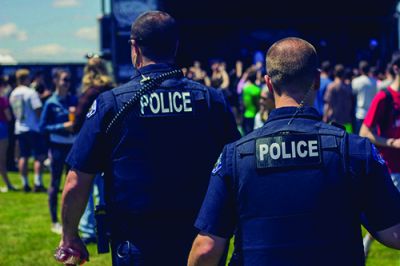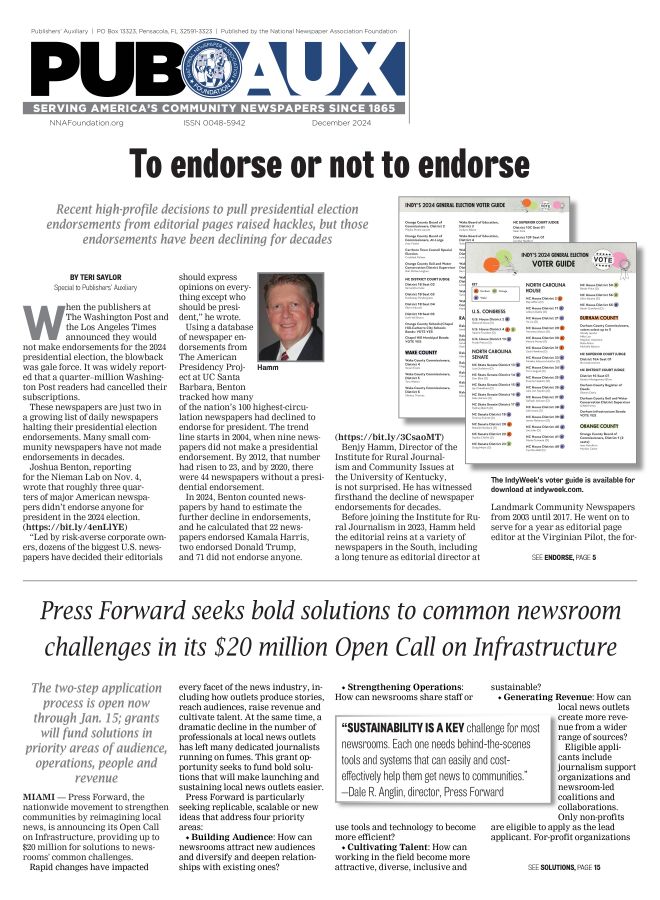Targeting of journalists by police must end
Richard Karpel
Jun 4, 2020

There is no longer any question that law enforcement agents are deliberately targeting journalists covering the George Floyd protests. There are now dozens of examples clearly showing police in cities throughout the U.S. aiming at, shooting, tear-gassing, pushing, hitting, shoving and arresting reporters who have clearly identified themselves as working journalists.
Just a few days into the protests, the website Bellingcat.com had collected video evidence of more than 50 separate incidents. (1) “Although in some incidents it is possible the journalists were hit or affected accidentally, in the majority of the cases we have recorded the journalists are clearly identifiable as press, and it is clear that they are being deliberately targeted,” said the website.
The U.S. Press Freedom Tracker, which normally investigates 100 to 150 incidents of attacks on U.S. journalists per year, was up to 233 protest-related incidents as of Wednesday morning (2), the majority of which were instigated by law enforcement personnel. That total included 41 arrests or detainments and 125 assaults by police, with assaults separately categorized as physical attacks (33 by police), tear gassings (35), pepper sprayings (21) and rubber bullet/projectiles (55).
Journalists in Nevada have been relatively unscathed. Two photojournalists were arrested and several others were shoved by police officers or struck by projectile munitions last weekend while covering protests in Las Vegas. And reporters in Reno were caught in the line of fire when police used tear gas to disperse protesters. Aside from the photojournalists, these reporters appear not to have been intentionally targeted.
In any case, there’s plenty of evidence of police in many major cities assaulting and arresting non-journalists who are lawfully protesting. Why should journalists expect to be treated differently?
In one respect, they shouldn’t. Reporters on the street covering the protests are doing the most basic type of journalism. They’re not analyzing complex issues. They’re not investigating far-flung schemes. They’re in the street observing events. They’re recording developments with audio, video and pen and paper. They’re asking protesters about what they’ve seen and why they’re protesting.
“I’m there, you’re not, let me tell you about it,” is the formulation press scholar Jay Rosen used to describe this kind of reporting.
Crucially, it entails First Amendment-protected activities that non-journalists engage in as well. When a police officer unlawfully confiscates a bystander’s smartphone to destroy evidence, it doesn’t matter whether the phone’s owner was a journalist or a hairdresser. Or when a law enforcement official demands that an individual vacate a public area where they are lawfully present, it doesn’t matter whether the individual is a reporter or a doctor. The police demands are unlawful and violate our most sacred constitutional principles regardless of who was being targeted.
In other respects, however, the harassment of journalists by law enforcement officials is different.
Protesters participating in a demonstration are doing so voluntarily. Journalists recording events as a protest unfolds are doing their job. It’s work that is explicitly protected by the First Amendment and is foundational to our democracy and a free society. Reporters should be protected by the police, not harassed and detained for doing their jobs.
This simple expectation isn’t about securing journalists’ personal security and safety. It’s about protecting democracy and freedom by preserving the right of citizens to know what is happening in their communities and how their elected officials and state agents are responding.
Most of us run away from danger. Reporters doing their job run into it. They’re paid to run towards fires, natural disasters and war zones.
When reporters cover dangerous events in many other countries, they’re used to being hindered by security officials who interfere with their work. They come to expect it.
At home, however, things are supposed to be different. The government should be protecting journalists, not persecuting them. The U.S. Constitution — and the promise of a free society — demand nothing less.
Richard Karpel is the executive director of the Nevada Press Association.
(2) https://twitter.com/uspresstracker/status/1268186158871252992










